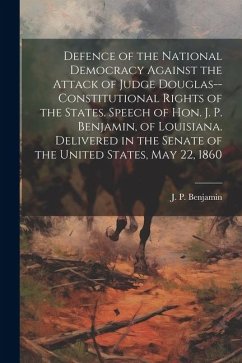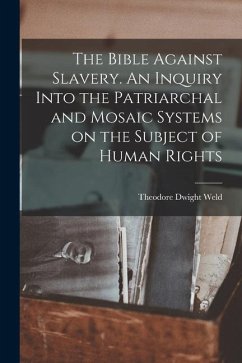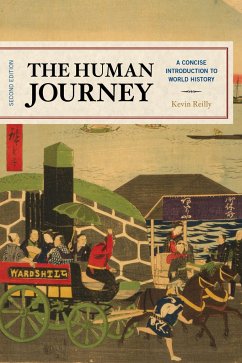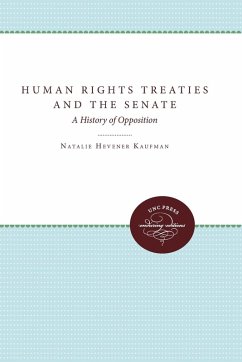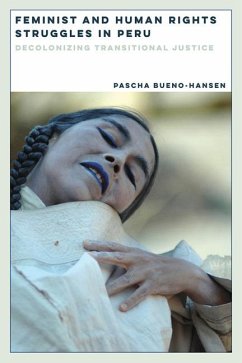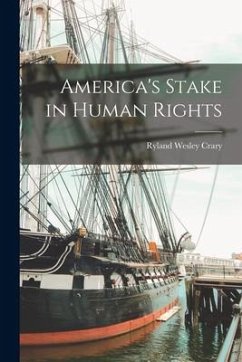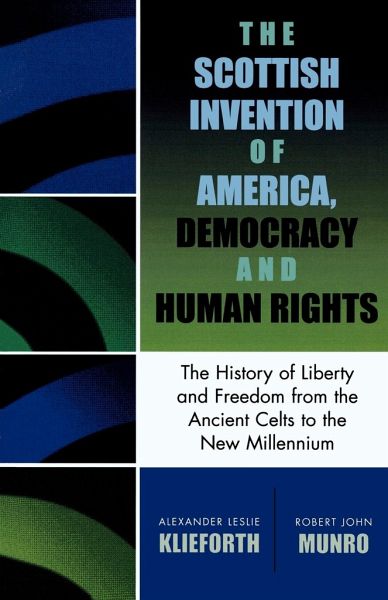
Scottish Invention of America, Democracy and Human Rights
A History of Liberty and Freedom from the Ancient Celts to the New Millennium
Versandkostenfrei!
Versandfertig in 1-2 Wochen
83,99 €
inkl. MwSt.

PAYBACK Punkte
42 °P sammeln!
The Scottish Invention of America, Democracy and Human Rights is a history of liberty from 1300 BC to 2004 AD. The book traces the history of the philosophy and fight for freedom from the ancient Celts to the creation of America, asserting the roots of liberty originated in the radical political thought of the ancient Celts, the Scots' struggle for freedom, John Duns Scotus and the Arbroath Declaration (1320), a tradition that influenced Locke and the English Whig theorists as well as our Founding Fathers, particularly Jefferson, Madison, Wilson and Witherspoon. Author Alexander Klieforth argu...
The Scottish Invention of America, Democracy and Human Rights is a history of liberty from 1300 BC to 2004 AD. The book traces the history of the philosophy and fight for freedom from the ancient Celts to the creation of America, asserting the roots of liberty originated in the radical political thought of the ancient Celts, the Scots' struggle for freedom, John Duns Scotus and the Arbroath Declaration (1320), a tradition that influenced Locke and the English Whig theorists as well as our Founding Fathers, particularly Jefferson, Madison, Wilson and Witherspoon. Author Alexander Klieforth argues the Arbroath Declaration (1320) and its philosophy was the intellectual foundation of the American Revolution and Declaration of Independence (1776). Thus, the work is a revolutionary alternative to the traditional Anglocentric view that freedom, democracy and human rights descended only from John Locke and England of the 1600s. The work is the first historical analysis to locate and document the origin of the doctrine of the "consent of the governed" in the medieval scholar, John Duns Scotus (c.1290s), four centuries before Locke and the English Whigs, and in the evolutionary progress of mankind. The work contends that the Arbroath Declaration (1320) and its philosophy was the intellectual foundation of the American Revolution and Declaration of Independence (1776). After showing the Scottish influence on the U.S. Constitution, Bill of Rights, and the new Federal government, the Braudelian-style work traces the development of Scottish-style freedom and human rights through the French Declaration of the Rights of Man and of the Citizen influenced by Jefferson, Lincoln's Gettysburg Address that transformed Jefferson's Declaration, and Eleanor Roosevelt's role in creating the U.N. Universal Declaration of Human Rights, the foundation of the modern human rights struggle. More information about this book is available at the authors website www.braveheartsoul.com.




